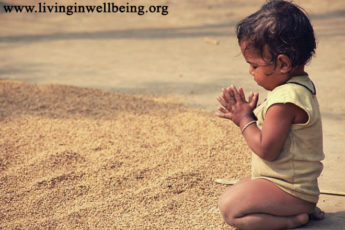
Education is the cornerstone of a thriving society, and schools play a pivotal role in shaping the future of our youth. Beyond being learning institutions, schools provide many benefits extending beyond the classroom. This article will explore how schools help educate and foster personal growth, social development, and community cohesion.
1. Building Fundamental Knowledge
Schools are the primary source of education, offering structured curricula that cover a wide range of subjects. From mathematics to history, science to literature, schools provide students with a solid foundation of knowledge. These foundational skills are essential for personal development and can open doors to future career opportunities.
2. Fostering Critical Thinking
In addition to teaching facts and figures, schools nurture critical thinking skills. Students learn to analyze information, question assumptions, and develop problem-solving abilities. These skills are vital for navigating the complexities of the modern world and making informed decisions.
3. Social Development
Schools are hubs of social interaction. They bring together students from diverse backgrounds, fostering an environment where individuals learn to collaborate, communicate, and build relationships. Friendships formed in school can last a lifetime and provide valuable support networks throughout adulthood.
4. Character Development
Education isn't just about academic achievement; it's also about character development. Schools help instil essential values such as honesty, integrity, and empathy. Teachers are role models, guiding students in making ethical choices and becoming responsible citizens.
5. Encouraging Extracurricular Activities
Beyond academics, schools offer a wide range of extracurricular activities. Whether it's sports, music, drama, or clubs, these activities allow students to discover their passions, develop talents, and build leadership skills.
6. Promoting Cultural Awareness
Schools expose students to diverse cultures, histories, and perspectives. This exposure promotes cultural awareness and tolerance, helping students become more open-minded and accepting of differences. It prepares them to thrive in a globalized world.
7. Providing a Safe Environment
Schools prioritize the safety and well-being of students. They establish guidelines and procedures to ensure a secure learning environment. Teachers and staff are trained to identify and address issues like bullying, ensuring that students feel safe and supported.
8. Encouraging Lifelong Learning
Schools cultivate a love for learning that extends beyond graduation. They instil the value of lifelong learning by igniting curiosity and a thirst for knowledge. This mindset encourages individuals to continue seeking knowledge throughout their lives.
9. Community Engagement
Schools serve as community focal points, bringing together parents, teachers, and students. This engagement strengthens community ties and fosters a sense of belonging. Parents often play active roles in school activities, reinforcing the importance of education at home.
10. Bridging the Achievement Gap
Schools play a crucial role in bridging the achievement gap, ensuring that all students have access to quality education regardless of their background. They offer support systems and resources to help struggling students catch up and excel academically.
11. Career Preparation
High schools and colleges provide specialized education and career guidance, helping students make informed decisions about their future. They offer vocational training, internships, and counselling services to prepare students for the workforce.
12. Promoting Civic Engagement
Schools teach students about their civic responsibilities and the importance of participating in the democratic process. They encourage students to become informed citizens who actively engage in their communities and advocate for positive change.
In conclusion, schools are instrumental in shaping individuals and societies. They impart knowledge and nurture character, critical thinking, and social skills. Schools serve as hubs of community engagement, promoting lifelong learning and bridging education gaps. Their impact extends far beyond the classroom, helping to create well-rounded, informed, and engaged citizens who contribute to the betterment of society. Schools are indispensable in the journey of education and personal growth.














